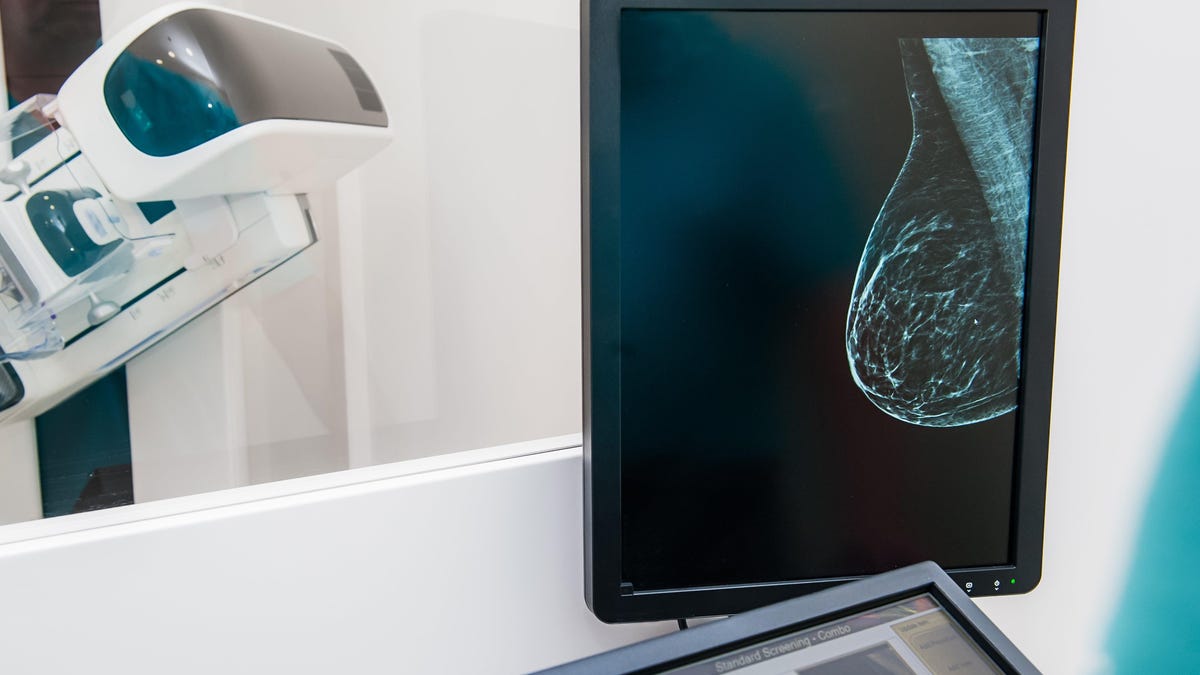
Preventive mammograms for breast cancer might be less worthwhile for older women, according to research released this week. The study’s authors estimate that a substantial percentage of cancer cases caught through screening in women over 70 are overdiagnosed, that is, the detection of a tumor that isn’t likely to cause illness before death. In women over 85, more than half of these cases might be overdiagnosed.
The research was led by scientists at Yale University’s Cancer Outcomes, Public Policy and Effectiveness Research, or COPPER, Center. The team hoped to quantify the risk of a particular known drawback from preventive breast cancer screening in older women—finding cancers that might not need treatment. These cancers might either grow too slowly to ever become noticeable or are found in people who would die sooner from other causes.
Advertisement
To do this, they analyzed data from the National Cancer Institute’s Surveillance, Epidemiology, and End Results Medicare Registry.
In total, they studied roughly 55,000 women over the age of 70 with no previous history of breast cancer who had recently undergone a mammography. Then they compared the outcomes of women who continued to get screenings regularly to women who had stopped getting screened, for up to 15 years. Extra cases of cancer found in the screening group versus the unscreened group were likely to represent overdiagnosis, the authors theorized. It is possible that some of these extra cases were still better off for having gotten treated, but the team also analyzed the impact of screening on breast cancer-related deaths.
Advertisement
Advertisement
By the end of the study period, about six in every 100 regularly screened women between the ages of 70 to 74 were diagnosed with breast cancer, compared to about four in every 100 unscreened women. This difference amounts to a potential 31% overdiagnosis rate, the authors estimated. In women between the ages of 74 to 80, the estimated rate was 47%. And in women over 85, the rate rose to 54%. Importantly, they also found no statistically significant reductions in the risk of reported breast cancer deaths among women who continued to get screened. The team’s findings were published Tuesday in the Annals of Internal Medicine.
“Overdiagnosis can occur when cancers grow very slowly or if a person’s life expectancy is short. Finding these breast cancers can lead to worry and can result in intensive treatments, without improving length or quality of life,” said lead author Ilana Richman, an assistant professor of medicine at the Yale School of Medicine, in a statement from the university. “The findings from this study emphasize the need for a careful evaluation of the benefits and harms of screening older women.”
There has been a long debate over the optimal strategy for cancer screening, mammograms included. In May, the U.S. Preventive Services Task Force—an influential panel of experts who guide screening practices in the U.S.—issued new draft recommendations that women at average risk of breast cancer should get screened starting at 40, rather than 50. But the USPSTF declined to recommend mammograms for women over 74, stating that the evidence for or against its use was still inconclusive. Other groups like the American Cancer Society have endorsed regular mammograms for older women, so long as they remain in good health and are expected to live for at least another 10 years.
While these findings do add more weight to the argument that mammograms are less valuable for older women, the authors note that there are many other factors that people can and should weigh when deciding to get screened for cancer as they age.
Advertisement
“A patient’s preferences and values, personal risk factors, and the overall balance of risks and benefits from screening are also important to take into account when making screening decisions.” Richman said.
Services Marketplace – Listings, Bookings & Reviews